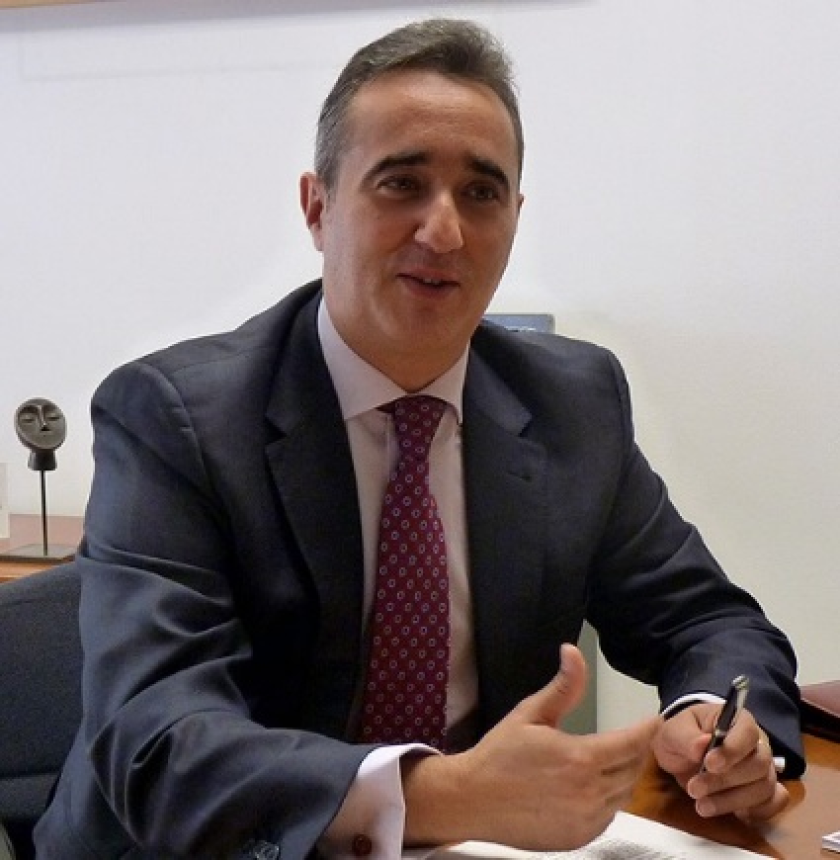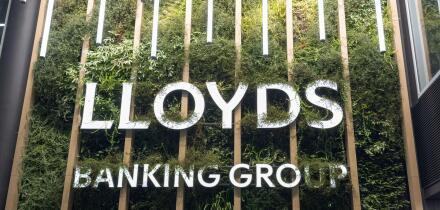Instituto de Crédito Oficial is a Spanish state finance agency charged with providing investment to promote Spanish economic growth and development. It borrows around €4bn-€6bn a year and is rated Baa1/A (negative)/A-.
Ico has been deeply involved with Spain’s attempts to fight the economic consequences of the Coronavirus pandemic. In May 2020, Ico launched a Covid-19 social bond.
It is a committed issuer of green bonds, raising €500m with its third on June 14, but is perhaps best known as a pioneer of the social bond market. It began issuing social bonds in 2015, and has raised at least €500m in the format every year since. It was a key part of the process in developing the International Capital Markets Association’s Social Bond Principles.
Ico came to market with a green bond on June 14, raising €500m at 6bp over the Spanish government bond curve — Ico's tightest spread to govvies ever.
GlobalCapital: I noticed you did some calls with investors ahead of the deal. Has your framework changed substantially?
This was our third green bond transaction. That will give us €1.5bn of outstanding green bonds.
We have updated our green bond framework to align it with the wording of the new EU green taxonomy. That has introduced a number of new metrics.
Additionally, we have introduced new categories: green buildings, and hydrogen production and storage. We anticipate being more active in those areas as lenders, so we have included them in our green framework.
The EU taxonomy has also clarified the situation around hydropower and what projects can and can’t be included. With the improved definition, we have included it in our framework and some of our projects will fit with the parameters it establishes.
We’ve also included the clean transportation category, because we have invested in electrical charging stations.
There’s no major revolution in our framework, but it’s a living product. We have to keep it updated to make sure it aligns with the standards at the European level. It’s a moving target — an ongoing exercise — so it’s not easy, but it’s important. We’re expecting to see developments in the agriculture sector and nuclear power, so the framework may have to be updated again to reflect those.
GC: You’re well known as a social bond issuer, having issued in that format every year since 2015. Are you hopeful the EU will follow up its green Taxonomy with a social bond equivalent?
Regarding social bonds, we were active there before there was really much guidance on what they should look like. We worked with ICMA on the social bond principles. There are different working groups at the European Commission working to see if some standard like the green Taxonomy could be replicated for social bonds. The discussions are only preliminary, but it is being discussed and I support developments in this area. I’d like to see more standards established, not just for green issues, but for social ones as well.
It is difficult because green issues have scientific parameters and those might be more difficult to establish for social parameters.
The market’s vision of the sustainability space is expanding. People are now looking at the Sustainable Development Goals. It allows us to take a more holistic approach, improving living standards.
GC: What about sustainability-linked bonds? They’ve become popular in the corporate market, but are not yet common in SSAs. Is that a format you’re considering?
We use sustainability-linked loans on the lending side, with KPIs linked to green and social issues. However, in my opinion, sustainability-linked funding is a more suitable instrument for corporates that aren’t in pure green or social sectors. The KPI approach allows them to be engaged in the worldwide sustainability agenda, but we don’t need to do that because we can use the traditional use of proceeds approach. It’s not clear that it’s necessary for us.
GC: What about covid-19? How has combatting the economic effects of the pandemic changed Ico’s activities?
Ico has a counter-cyclical role. After the 2008 crisis, the risk was the credit crunch, so our role was to provide liquidity. This time, the ECB reacted more quickly so we have not needed to inject liquidity into the system.
The outstanding measure to confront the pandemic has been the guarantee scheme. The government is guaranteeing up to 70% of loans to SMEs granted by commercial banks in Spain. Some 63% of the loans made to SMEs in Spain from April to December last year benefited from this guarantee.
It does not impact our balance sheet, because the government is providing the guarantees. However, it’s a lot of work for us to manage the portfolio.
The government is also looking at extensions to the maturities, grace periods and direct transfers to reduce debt burdens.
We have also been active in providing liquidity directly to the Spanish business fabric. We have a €400m facility for SME lending to the tourism sector, and we help with purchases of issuance of promissory notes issued by mid-caps in MARF (the Spanish alternative fixed-income market).
GC: As well as national efforts, the EU is also mounting its own economic response to the pandemic. With the first Next Generation EU bond in the market this week, funds for national recovery and resilience plans will soon be disbursed. What is Ico’s role in administering the plan?
On the recovery and resilience fund, we are working with different ministries on implementing projects included in the national plan. We will be one of the conduits for channeling the funds received under the recovery and resilience facility.
We’re working with the ministry of transport and mobility on energy efficient buildings and sustainable mobility projects.
We’re also working on environmental transition projects, particularly green hydrogen.
Our role is essentially to identify projects where we can participate, providing liquidity and support in combination with the funds from the RRF.
We have a private equity company, Axis, which is working with the state secretariat for digitalization and artificial intelligence to provide support for companies working on applications for AI, robotics, and other high technologies.
We don’t anticipate any impact on our funding needs because this will be about channeling the Recovery and Resilience Facility funds.
GC: What about your funding programme for this year?
Our funding programme is unlikely to change dramatically over the next few years as long as we remain in this monetary policy environment of substantial liquidity. We will likely continue to raise €4bn-€6bn per year.







